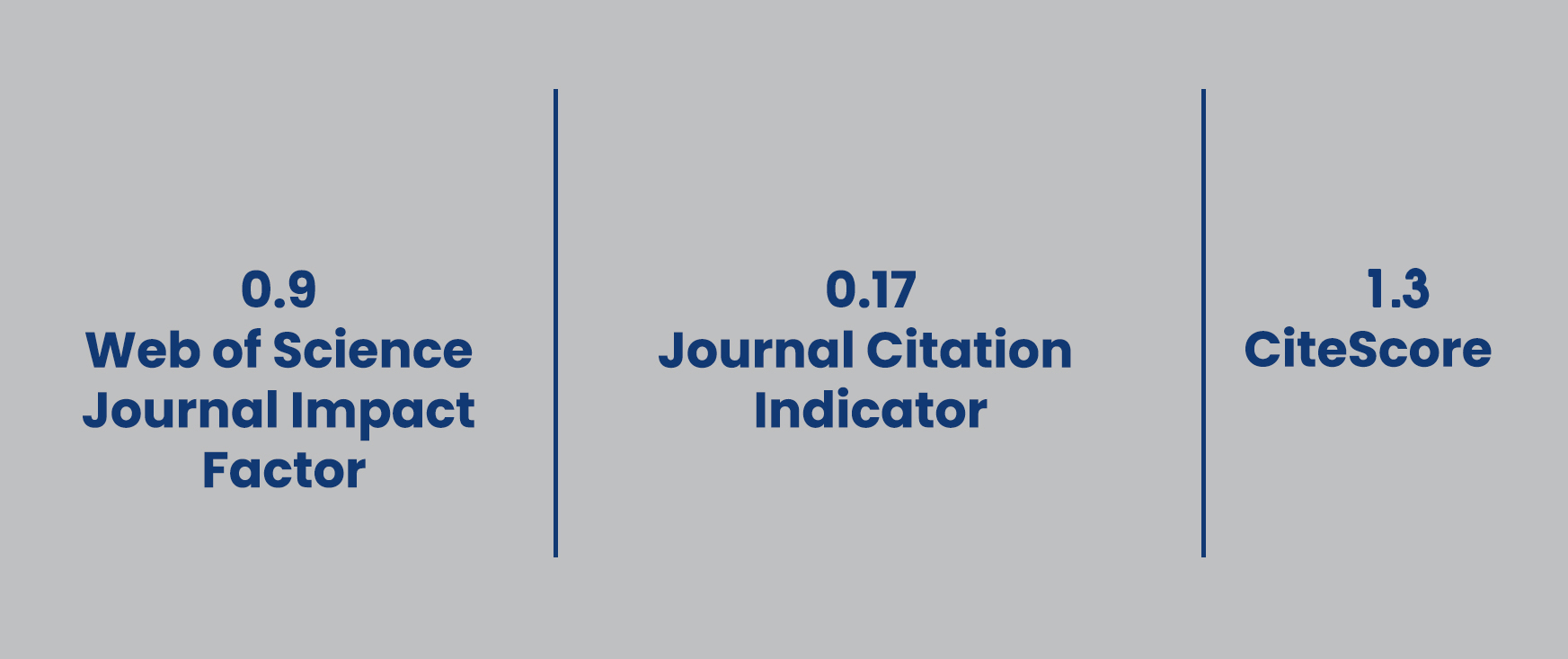

JEMS apply the Creative Commons Attribution NonCommercial 4.0 International Licence to all manuscripts to be published
ARDL Bound Testing Approach for Turkish-Flagged Ships Inspected under the Paris Memorandum of Understanding
Selen Uygur1, Fırat Bolat21Oceangoing Watchkeeping Officer, İstanbul, Turkey, İzmir, Turkey2İstanbul Technical University Maritime Faculty, Department of Marine Engineering, İstanbul, Turkey
The Paris Memorandum of Understanding (MoU) publishes a white, gray, and black list, presenting the full spectrum from quality flags to flags with poor performance that are considered high or very high risk every year. At this point, increasing the flags performance can be achieved by eliminating the deficiencies and detentions in the ships. In this context, the aim of this study is to examine the performance of Turkish-flagged ships under the Paris MoU port state control (PSC) to determine the deficiencies of the ships and to make suggestions for measures that may be taken by the Republic of Turkey as a relevant flag state. Accordingly, the PSC data of Turkish-flagged ships between 2013 and 2020 in the EMSA THETIS have been analyzed. Comparison and descriptive distributions for the data of Turkish-flagged ships have been performed by creating cross tables of the distribution of ship type, inspection type, age of ships, detention ports, and detention decisions. An autoregressive distributed lag bound test has been carried out to understand whether the deficiencies and age of the ships can significantly affect the detention decision of ships at the port under the Paris MoU. Consequently, while deficiencies on the ships are found to significantly affect the decision of the detention of ships, the age of ships doesnt have a significant effect under the Paris MoU.
Keywords: Flag performance, Port state control, Paris memorandum of understandingManuscript Language: English
(579 downloaded)










